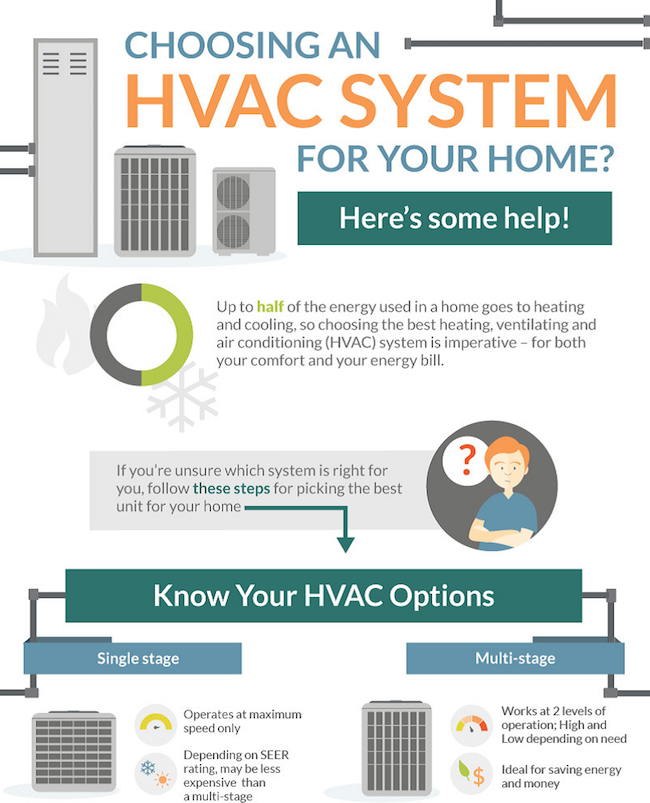Heat Pump Repair: Indicators That Your System Requires Expert Support
Heat Pump Repair: Indicators That Your System Requires Expert Support
Blog Article
Composed By-Young Fisher
If your heat pump system is making strange sounds or battling to keep your home comfy, maybe trying to tell you something important. Neglecting these indicators could result in more substantial problems down the line. By attending to these warning signals without delay, you can potentially conserve on your own from pricey repair services or a full system break down. So, the following time you listen to a weird noise or notice inconsistent temperatures, keep in mind, your heatpump could be attempting to interact an issue that needs specialist attention.
Unusual Sounds
If you regularly hear uncommon sounds coming from your heatpump, it is necessary to address this problem promptly. These audios can show underlying problems that may worsen if left unattended.
A common sound to watch out for is a loud knocking or clanking sound, which could recommend a loose or busted component within the system.
If you hear a piercing squealing noise, it may be an indication of concerns with the motor bearings or belt. Additionally, a clicking noise can indicate a trouble with the electrical components of the heat pump.
To resolve these uncommon sounds, it's advised to call an expert heating and cooling specialist. Attempting to detect and deal with the problem yourself might potentially trigger additional damages to the system.
A qualified professional will be able to recognize the source of the noise and perform the needed repairs to guarantee your heat pump runs effectively and quietly. By dealing with these uncommon noises quickly, you can prevent much more considerable issues from occurring in the future.
Irregular Heating/Cooling
Experiencing irregular heating or cooling from your heat pump can be frustrating and unpleasant. If you observe that specific areas in your house are substantially warmer or cooler than others, or if your heat pump is having a hard time to maintain a constant temperature, it might suggest a problem.
Irregular heating or cooling can be triggered by concerns such as a malfunctioning thermostat, blocked air filters, cooling agent leakages, or troubles with the compressor. These issues can not only make your home uneasy yet also lead to greater energy expenses if left unsettled.
To resolve air conditioner repair , you need to first check and replace your air filters if they're unclean or clogged. If the issue continues, it's best to speak to an expert HVAC professional to inspect and repair your heatpump system. By resolving the problem quickly, you can make sure that your home continues to be comfy and energy-efficient.
Enhanced Power Costs
Regularly high energy expenses can be an indicator that your heatpump system isn't operating effectively. If you've noticed an unexpected spike in your power expenses without an equivalent rise in usage, it can show that your heat pump is battling to warmth or cool your home efficiently. This inadequacy can result from different concerns within the system, such as dirty filters, refrigerant leaks, or a malfunctioning compressor.
When your heat pump isn't operating ideally, it needs to work more difficult to maintain the desired temperature, bring about increased energy intake and greater costs.
To resolve hpac chch , it's critical to have an expert HVAC service technician examine and repair your heat pump. They can determine the source of the inefficiency and do the required modifications or repair work to restore your system's optimal efficiency.
Verdict
In conclusion, if you notice any kind of unusual noises, irregular heating or cooling, or an abrupt increase in energy bills with your heat pump system, it's time to call a professional heating and cooling professional. Resolving these indications promptly can assist prevent further damages and guarantee your system operates effectively. Don't disregard these warning signs, schedule a repair solution to maintain your home comfy and your power costs in check.
